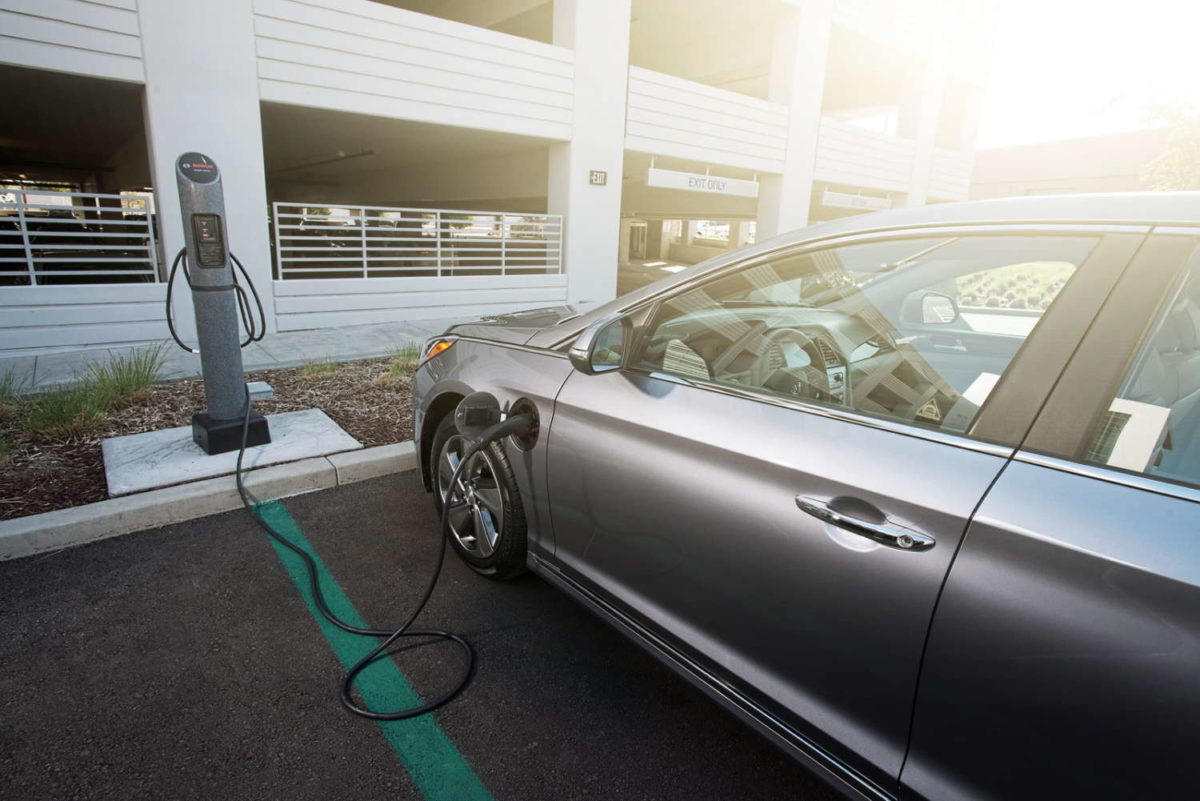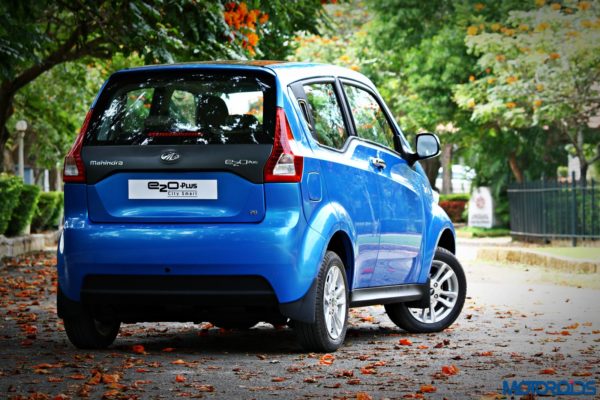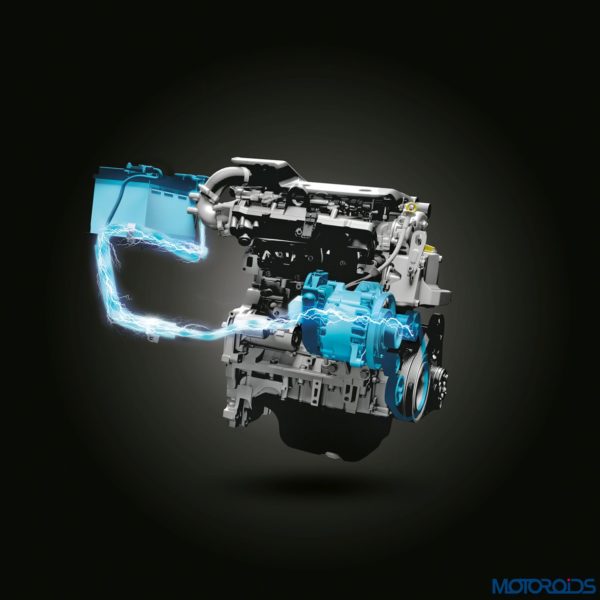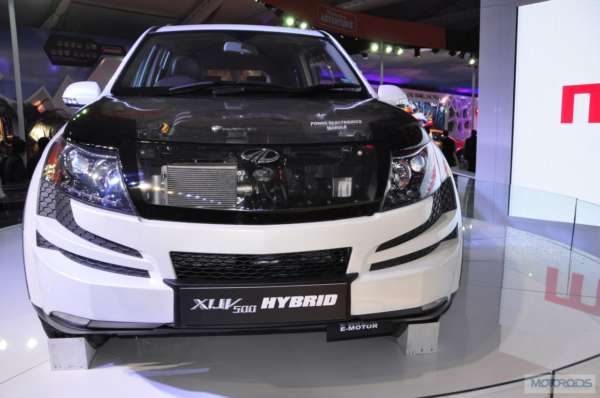The Indian government’s aggressive move towards bringing electric-powered cars by 2030 and eliminating petrol and diesel-powered cars at the same time is taking shape. Manufacturers are trying hard to come up with different ways to help the government execute this plan. The deadlines for this bid has been pushed to September 22 so that the manufacturers can evaluate their proposals.
This is the first time that Indian government has approved an order this big in the automobile sector. As companies will be launching their electric cars in the near future, Mahindra & Mahindra, India’s sole electric car manufacturer will face tough competition from each and every manufacturer out there.
Companies like Renault, Nissan and Hyundai are keen to supply 10,000 electric cars to India. According to Saurabh Kumar, managing director of Energy Efficiency Services Ltd, companies have to supply 500 e-vehicles by November 30 and the rest of lot can be exported by June, next year. The agreement also says that no one particular company can bid for more than half of the cars. By completely transforming India’s automobile sector from petrol-diesel powered cars to electric powered cars, India will save around USD 60 billion in gas bills and reduce its carbon footprints by a staggering 37%.
With Mahindra launching the electric version of their Scorpio and XUV500 later this year and Maruti Suzuki announcing that they will be investing in a Lithium-Ion battery production facility in Gujarat, it seems like manufacturers are geared up to be a part of the ‘electric-revolution’.
Now that the companies are rooting for e-vehicles to such an extent they need to think about three factors that will play a major hurdle in this transformation, the first being range. Manufactures need to work on increasing the range of electric cars sold in India. The Reva e20 gets only 120km of range when fully charged. The second one is speed. The big brother of the e20, the electric variant of Mahindra Verito has a top speed of 86km/h. Now that’s walking speed when compared to petrol-diesel powered cars. Companies have to somehow manage an increase in speed and mileage without increasing the cost and lastly, charging stations. The companies and government have to acknowledge the fact that there needs to be as many charging stations as there are petrol stations in the country.
Source: Economic Times




